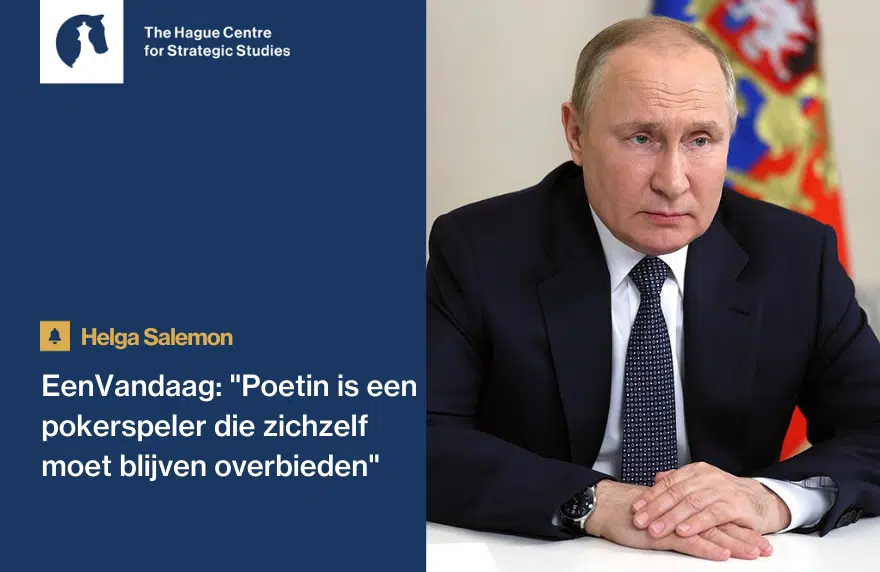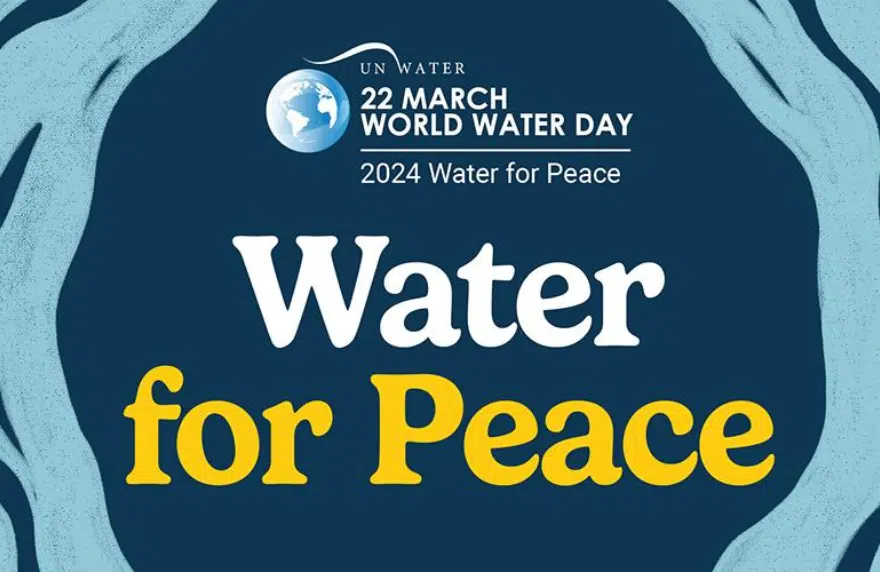Historische analogieën doen het altijd goed. Voormalig minister van buitenlandse zaken Ben Bot vreest voor een situatie als in 1939 als Nederland ‘nee’ tegen het associatieakkoord met Oekraïne zegt. Een ‘nee’ speelt Poetin inderdaad in de kaart. In het Haagse Montesquieu Instituut suggereerde Bot dat als we aan Poetin toegeven, hij meer zal claimen. Net als destijds met Hitler.
Tijdens de veiligheidsconferentie in München trok de Russische premier Medvedev van leer door een vergelijking te maken met 1962, toen een allesverwoestende nucleaire confrontatie tussen Oost en West dreigde. Volgens Medvedev stevent de wereld weer af op een confrontatie, omdat er niet meer gesproken wordt over een gezamenlijke poging de wereld enigszins op orde te houden. In plaats daarvan woedt een wereldoorlog in vestzakformaat in Syrië waarin de grootmachten verschillend partij kiezen.
Dat Medvedev zijn uitspraken in München deed, is haast symbolisch. In die stad sloten in 1938 de Britten, Fransen en Italianen met Hitler een verdrag over de toekomst van Tsjecho-Slowakije. Daarmee werd in ruil voor vrede de annexatie van het Tsjechische Studetenland geaccepteerd. De Britse premier Chamberlain vermoedde dat met dit verdrag de annexatiedrift van Hitler wel getemd zou zijn. Niets bleek minder waar. Een jaar later viel Duitsland Polen binnen en was de Tweede Wereldoorlog een feit.
Appeasement
Ik hou niet zo van historische vergelijkingen, maar er is wel degelijk een relatie met 1939 en 1962. Wat in 1939 zichtbaar was, is dat nu ook. Er is in Europa weer een onderstroom van appeasement; diplomatie gericht op concessies om oorlog te vermijden.
Lees de reacties op mijn column van vorige week. Daarin maakte ik mij druk om het feit dat de Amerikanen ons voor de derde maal binnen een eeuw militair te hulp komen, nu om Europa tegen Rusland te beschermen. Ik verzuchtte dat we dat kennelijk zelf niet meer kunnen.
Sympathie voor het Russische beleid
Uit de reacties bleek een onthutsende sympathie voor het Russische beleid. Ongetwijfeld zijn dat ook mensen die ‘nee’ tegen het associatieakkoord zeggen. Daarmee ontkennen ze de keuze van een soeverein land om tot Europa te behoren en geven ze Oekraïne weg aan Rusland om Poetin niet verder te tarten. Die houding is ingegeven door angst. Angst omdat er evenals in 1962 en 1939 een confrontatie tussen de grootmachten dreigt. Maar die wordt echt niet afgewend door ‘nee’ te stemmen tijdens het referendum.
Is het nu echt allemaal zo somber? Het is maar net hoe je het bekijkt. Het akkoord over een gedeeltelijk staakt-het-vuren in Syrië dat nu moet ingaan, kan een poging zijn om de lucht tussen Oost en West enigszins te doen opklaren. Als Rusland zich positief opstelt en Assad tot vrede maant, is er een opening voor een akkoord over de Krim en Oost-Oekraïne, waar het dankzij de Minsk-akkoorden nu redelijk rustig is. De keerzijde is dat we er weer een bevroren conflict bijkrijgen. Poetin heeft die al gecreëerd in Moldavië, Georgië en Oekraïne. Het volgende is waarschijnlijk Assads West-Syrië.
Appeasers zullen dat toejuichen. Alles beter dan oorlog. Anderen vragen zich af waar Rusland zich vervolgens in mengt.
De column van Rob de Wijk verschijnt wekelijks in Trouw.
Photo credit: Minister-president via Foter.com / CC BY





